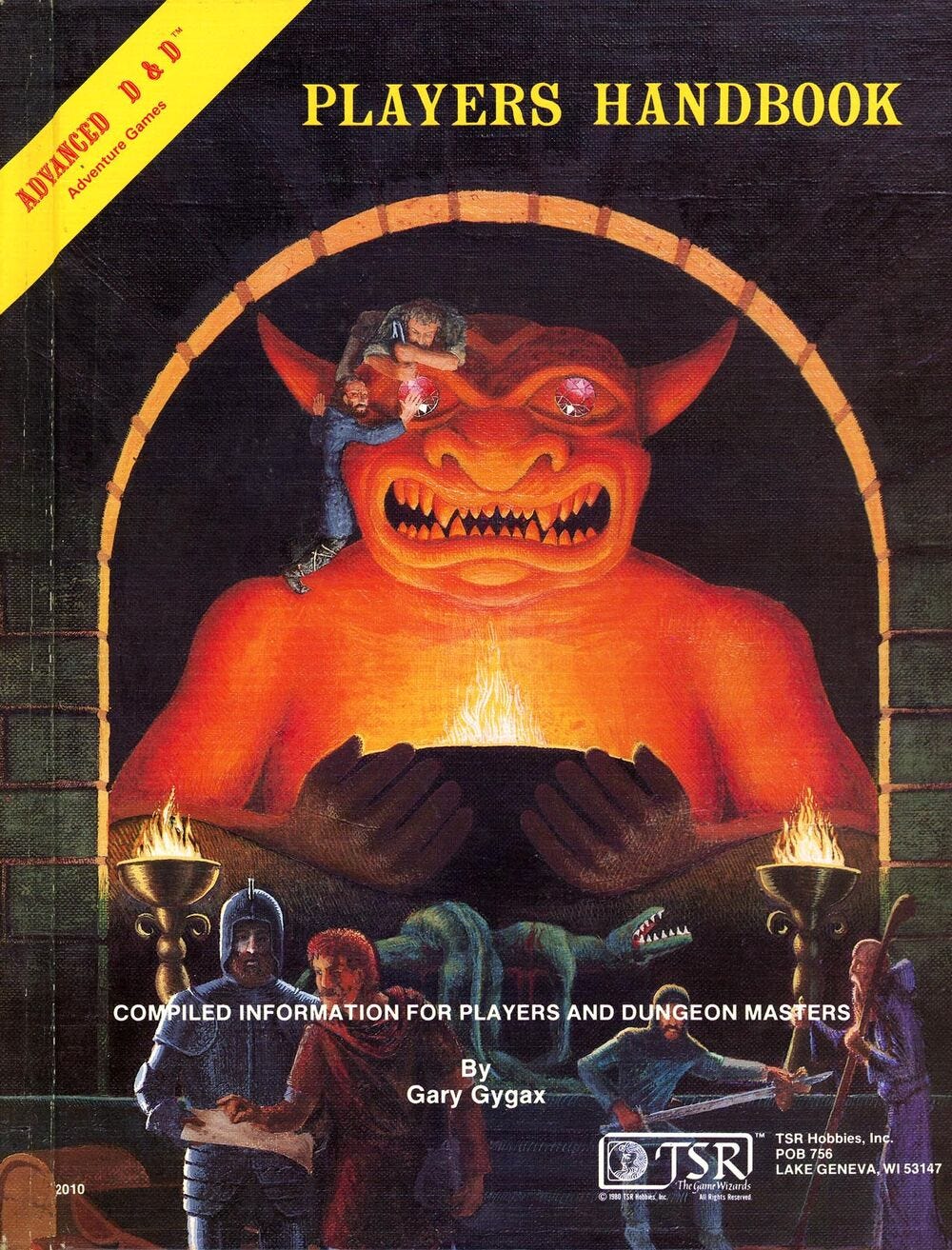The single most frustrating feature of the RPG fandom is the near-universal rejection of the concept of rules. It makes less sense the more you think about it but, for some reason, the concept of rules and even objectivity itself is the single most controversial aspect of role playing. Over and over, I’ve seen a confused gamer throw a hissy fit whenever someone attempts to explain a rule or concept to them because they “Don’t want to be told how to run their game.” There are many iterations of this statement with my personal favorite being “Stop telling me how to have fun.” If I had to hazard a guess as to why this attitude persists, I would say that there is a persistent view that order is oppressive and chaos is liberating. To people who choose only to see the bad in order while turning a blind eye to the bad in chaos, any perception of order being imposed on their leisure is an attempt to enslave them. Today we’re going to discuss how structure is not anti-fun and how it, in fact, enhances fun.
Firstly, neither order nor chaos are inherently evil. Order is, in fact, good at its heart. For someone like me, a Christian who believes in an omnibenevolent God, order is good. In its purest form, order is the highest good because it is God. On the other hand you have chaos which is nothing more than a lack of order. As a result of original sin and the fall, God’s created order here on earth will fall away and is prone to decay. Chaos grows as time goes on and can only be halted by the imposition of new order. That order, and the desire to impose it, comes as a result of our being made in God’s image. However, since we are just an image of God, we do not impose order perfectly as he does. This leads to the dark side of order which is tyranny. Also as a result of the fall, many people’s desire for order has been diminished. For some people, it has been diminished to the point of near-nonexistence. These people balk at all imposition of order and actively seek to tear it down. This is the spectrum on which humanity exists as a fallen entity. We all sit somewhere between desiring too much order, usually for our own benefit, or desiring too much chaos.
I took that philosophical detour for one reason; because of who we are and how we were created, humans crave structure in their very souls. We are creatures of order, no matter how corrupted, and we need order to thrive. This is why we create games to begin with. As I’ve said in previous articles, a game is an imposition of an artificial order that everyone agrees to operate in. There is an objective and the players must operate within the given structure to accomplish the goal. It is our natural desire for structure that makes this experience enjoyable. We enjoy building structures and operating within them. However, this enjoyment of structure is under siege by…nearly everything in modern society. For whatever reason, and there are several possibilities here, modern society seems to be built around the idea that order is bad and chaos is good. It’s not that simple or explicit, but that’s the end result. You can see this in the decline in almost every single structured activity that used to be a regular part of American culture. RPGs have also experienced this as rules are treated as a grudging necessity in most games and the dreaded R-word in others. Most games now include some variation of “By the way, none of this matters” in their text and, as a result, a lot of people are experiencing a sense of emptiness trying to play these games.
The fact of the matter is that structure is actually fun. We find it pleasing if we’re able to get past the cultural programming that tells us that structure is only ever oppressive. The funny thing about all of this is that there’s a lot of freedom within the structure of the best RPGs. Role-playing game be one of the most chaotic experiences a person can enter into. That’s why the rules are so necessary. When there’s no boundaries, players can easily trip over each other. The reason for this is that chaos can only ever benefit one person at a time and role-playing games, with the exception of solo games like Scarlet Heroes, involve multiple people. Without boundaries to reign each player in, GM included, it becomes a dictatorship of the strongest personality.
So where do we go from here? Firstly, read the rules of the game you’re playing and use them. Strive to stick as closely to those rules as you can and try to get better at doing that with every subsequent session. At the same time, don’t emphasize how strict you are with the rules at the table. When you’re arguing with someone online who thinks that rules are bad, it’s one thing to say that you run games RAW. In your game though, the players should only become aware of the walls if they smack into one. There is a structure and it is rigid, but it’s not the focus. The fun had within the bounds of the rules is the focus. If you can keep your players focused on what they can do, they’ll be less likely to be bummed out about what they can’t do. With that in mind, maybe we can acknowledge that structure and fun not only can coexist, but should coexist.




